Remembering Lugou Bridge Incident, uncovering true history of Japan's long-planned invasion of China
Source: Xinhua
Editor: huaxia
2025-07-08 09:31:17
TOKYO, July 8 (Xinhua) -- Monday marks the 88th anniversary of the beginning of China's whole-nation resistance war against Japanese aggression. However, 88 years later, the truth of the historic Lugou Bridge Incident, which marked the start of Japan's full-scale invasion of China, still has not been recorded in Japanese textbooks.
"In July 1937, the Japanese and Chinese armies clashed at the Lugou Bridge on the outskirts of Beijing, and the Sino-Japanese War broke out." This is the description of the historic Lugou Bridge Incident in some school textbooks currently published in Japan.
Another one goes: "On July 7, 1937, the Japanese army was fired upon by unknown gunmen during a night exercise near the Lugou Bridge on the outskirts of Beijing. At dawn on the 8th, the Japanese army attacked the positions of the National Revolutionary Army, and the two sides fell into battle."
Historical materials, nevertheless, show that it was the Japanese soldiers who, on July 7, 1937, attacked Chinese forces at the bridge. The pivotal event is recognized as the start of Japan's full-scale invasion of China and China's whole-nation resistance against the Japanese invaders.
"The Lugou Bridge Incident was an event staged and directed by the invading Japanese forces. This has long been made clear by the Japanese historian community through objective research. Despite this, the Japanese right wing still fabricates lies and attempts to shift the blame for the incident to the Chinese army," said Japanese historian Atsushi Koketsu in a recent interview with Xinhua.
"At present, this kind of historical revisionism that fabricates, distorts and denies the true history still prevails in Japan's education and media circles. What lies behind this is Japan's unwillingness to admit its aggression and reluctance to accept its 'responsibility for harm,'" Koketsu said.
"The Lugou Bridge Incident was deliberately schemed by the invading Japanese army," said Zhang Sheng, professor at the School of History, Nanjing University. "This has already been 'confessed' by Takeo Imai, a senior Japanese intelligence officer who led 'peace work' in China, in his memoir."
In his memoir, Imai wrote: "At that time, before the July 7 incident, a rumor had already been circulating among the well-informed political figures in Tokyo: 'On the night of Tanabata, an incident similar to that at Liutiaohu will occur in North China.'"
The so-called Liutiaohu Incident is the September 18th Incident. On Sept. 18, 1931, Japanese troops blew up a section of railway under their control near Shenyang and accused Chinese troops of sabotage as a pretext for the attack. Later that night, they bombarded barracks near Shenyang, marking the start of Japan's 14-year invasion of China.
"The Japanese Tanabata Festival takes place on July 7," said Zhang, "therefore, this date had been set for a long time."
Luo Cunkang, curator of the Museum of the War of Chinese People's Resistance Against Japanese Aggression, pointed out that historical files show that from February to June 1936, "the China Garrison Army" dispatched by Japan to Beijing increased from 2,003 to 5,774 people. In just four months, the number more than doubled, which clearly demonstrates their intention to deliberately provoke conflicts.
It has been 88 years since the outbreak of Japan's full-scale invasion of China. True history should not be concealed, let alone distorted. Remembering true history is necessary to draw lessons from it and to cherish peace.■

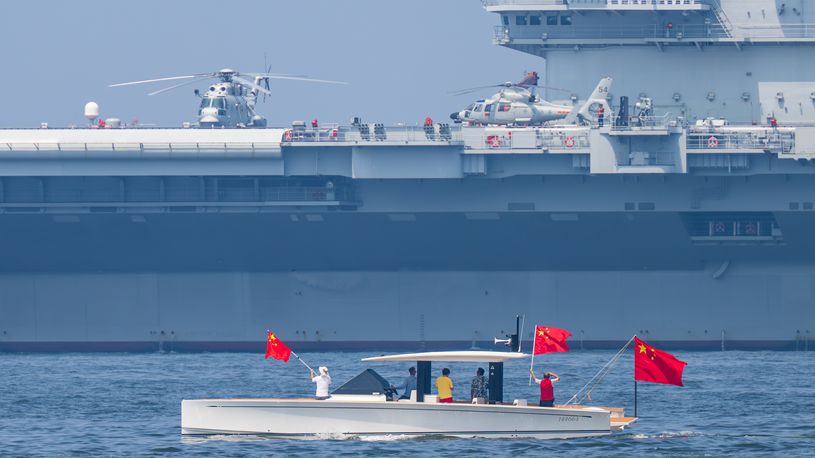
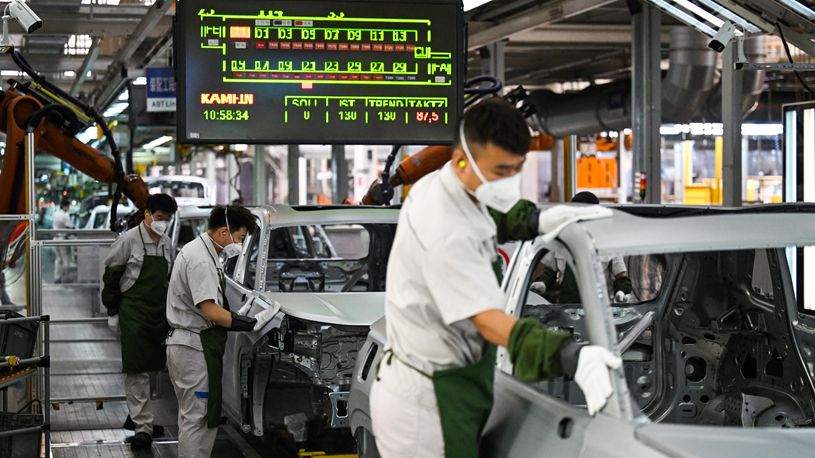


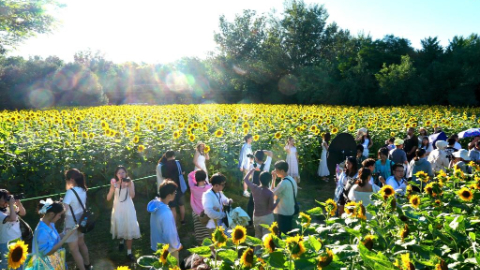

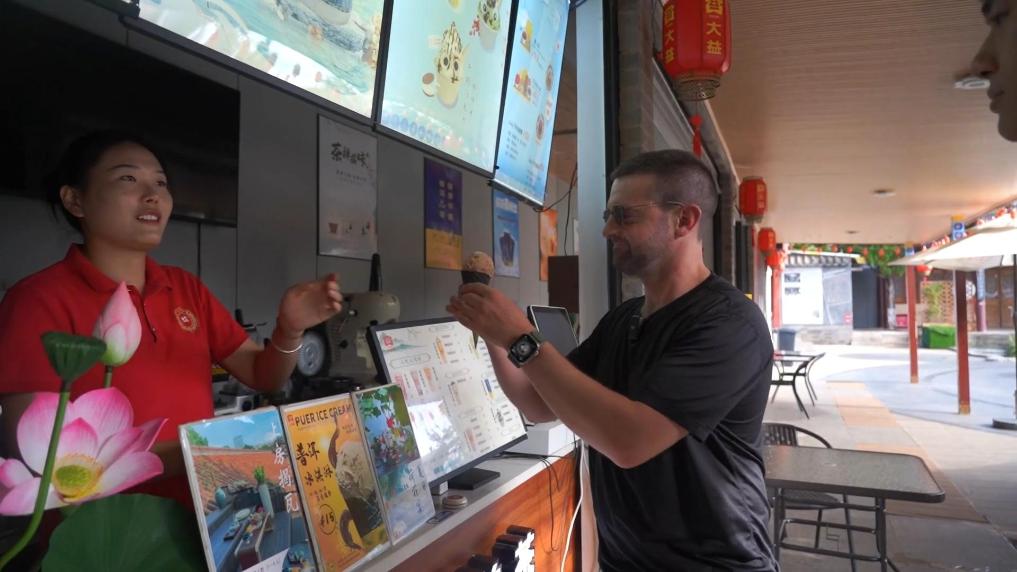
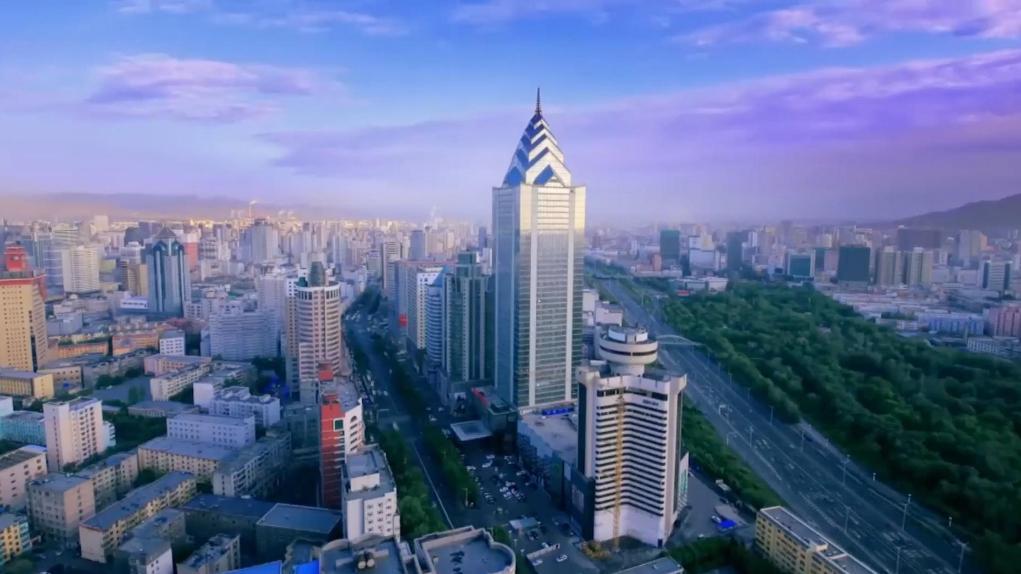



Comments